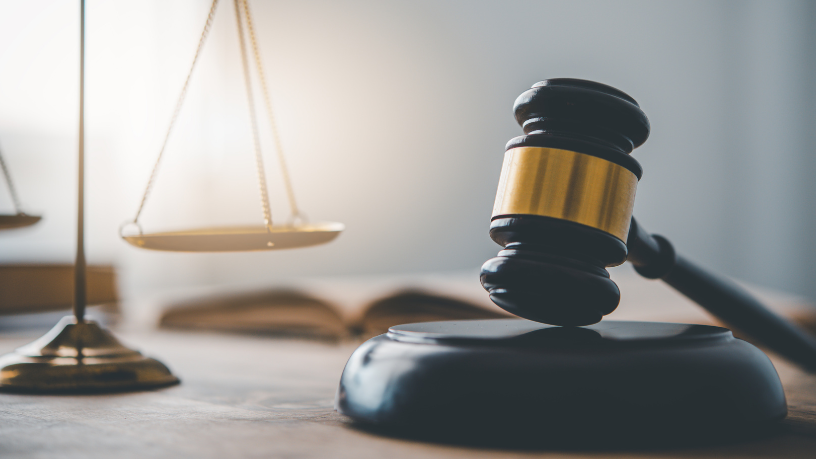According to Bruno Garcia Redondo, the principle of procedural cooperation is one of the pillars of the 2015 Brazilian Code of Civil Procedure and represents a significant shift in how legal proceedings are conceived. It breaks away from the traditional view of litigation as a battleground between opposing parties, where the judge acts merely as a passive observer or referee, and instead views the process as a joint construction involving the judge, the plaintiff, and the defendant.
In this new model, all procedural participants are expected to actively contribute to reaching a fair and swift decision. Cooperation requires good faith, procedural loyalty, and transparency, implying that the process is not a strategic game but rather a space for the realization of justice. Understand more below.
How does the principle change the traditional dynamic between the parties and the judge?
Bruno Garcia Redondo explains that traditionally, the legal process was structured as a clash between parties presenting their arguments and evidence, while the judge assumed a passive role, limited to formal proceedings and ruling based on what was presented in the case file. With the incorporation of procedural cooperation, this dynamic changes radically.

The judge now has the duty to foster a dialogical environment, ensuring that all parties understand the decisions, have an effective opportunity to participate, and can contribute to clarifying the facts and applying the law. As such, the process ceases to be a battlefield and becomes a shared space for building truth and justice.
What specific duties does the judge have under the cooperation principle?
The principle of cooperation imposes several specific obligations on the judge that go beyond mere impartiality, notes Bruno Garcia Redondo. Among these is the duty of clarification, by which the judge must point out any flaws or omissions in the parties’ submissions before deciding based on them.
@brunogarciaredondo0Direito Administrativo e gestão pública_ Bruno Garcia Redondo explica sua importância O Direito Administrativo garante transparência, eficiência e controle na gestão pública. O professor Bruno Garcia Redondo destaca como esse ramo jurídico impõe limites aos gestores, promove fiscalização e assegura a boa aplicação dos recursos públicos. Saiba como ele impacta diretamente a sociedade e fortalece a confiança nas instituições. #BrunoGarciaRedondo #BrunoGarcia #BrunoRedondo #QueméBrunoGarciaRedondo #OqueaconteceucomBrunoGarciaRedondo #ProcuradorBrunoGarciaRedondo #ProcuradordauerjBrunoGarciaRedondo
♬ original sound – Bruno Garcia Redondo – Bruno Garcia Redondo
There is also the duty of prevention, which requires the judge to warn about potential unfavorable legal consequences, such as preclusion or summary judgment. Additionally, there is the duty of dialogue, under which the judge must allow the parties to express their views before making significant decisions—especially those involving matters of public policy or new legal theories.
Does cooperative conduct compromise the judge’s impartiality?
One of the most common criticisms of the principle of cooperation is the concern that it compromises judicial impartiality by making the judge more active in the development of the case. However, this concern stems from an outdated view of impartiality, which equates it with inaction. Cooperative conduct does not mean the judge is assisting one of the parties, but rather ensuring that all parties have equal opportunities to participate and understand the proceedings.
According to Bruno Garcia Redondo, the role of the cooperative judge is similar to that of an institutional mediator: they do not make decisions based on personal preferences, but rather ensure that the decision is based on a fair, transparent, and well-founded process. In this way, impartiality is not only preserved but even reinforced when the judge acts to balance inequalities and correct procedural flaws.
Finally, Bruno Garcia Redondo points out that despite its transformative potential, the practical and cultural application of the cooperation principle still faces challenges. Many legal professionals, including judges, remain accustomed to an authoritarian and formalistic logic that resists dialogue and transparency. To make the principle of cooperation a day-to-day reality, continuous training and education are essential.
Author: Clodayre Daine









